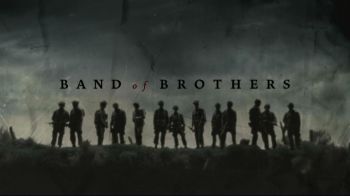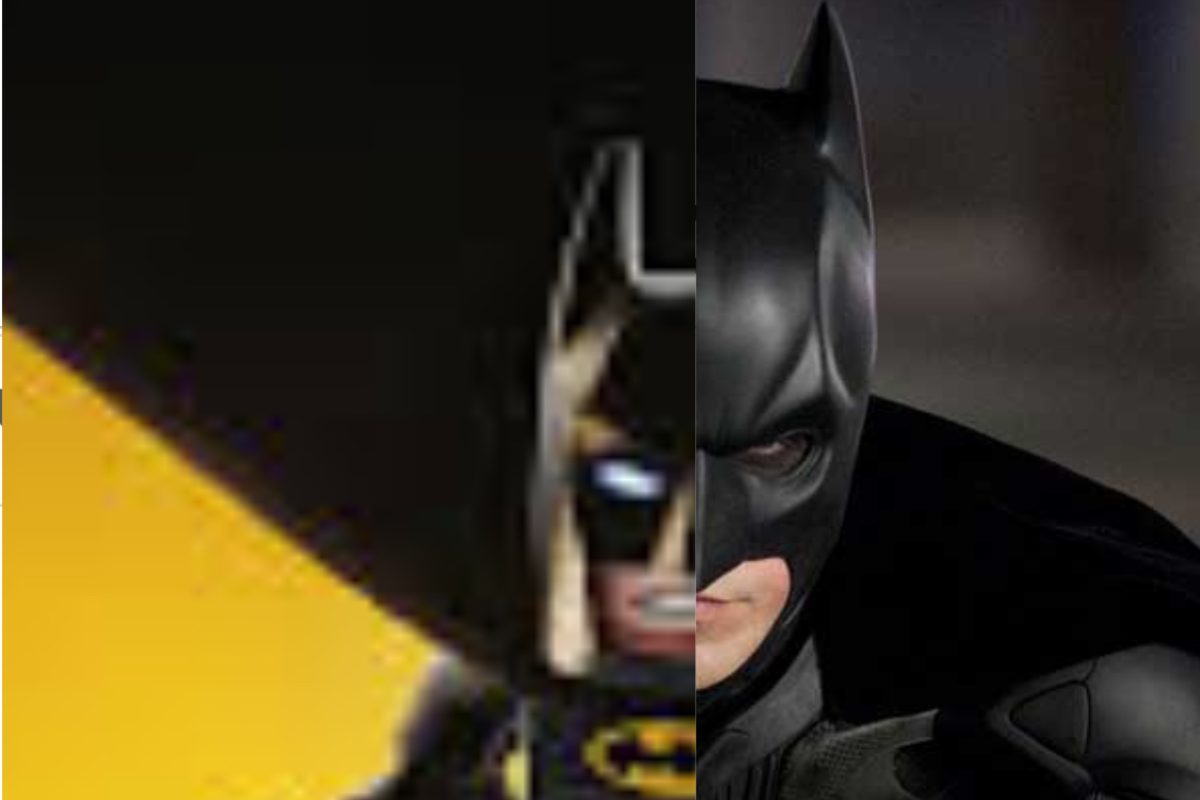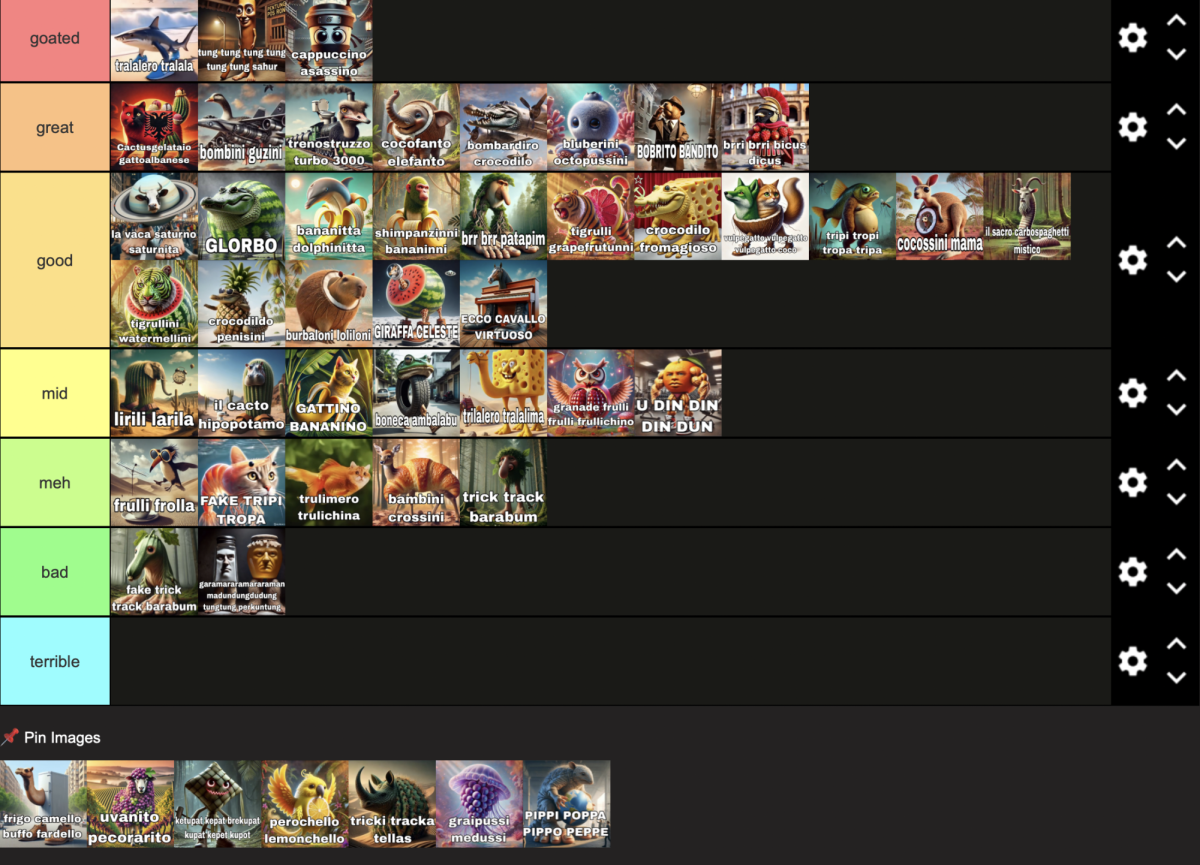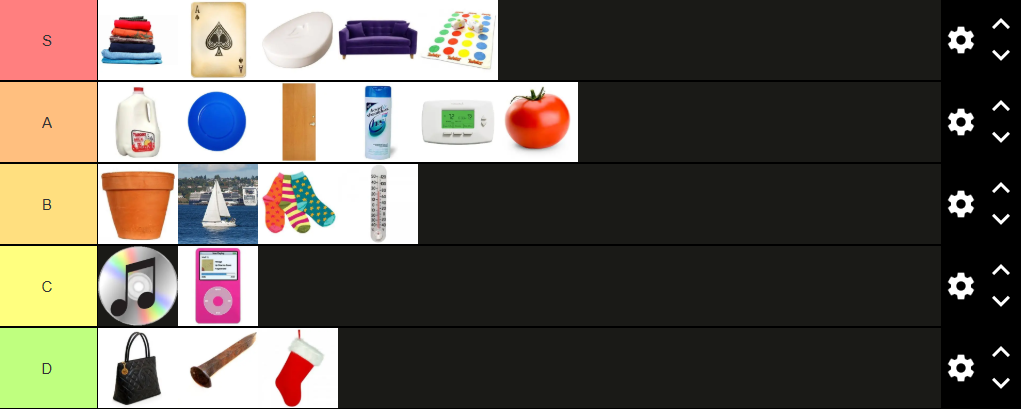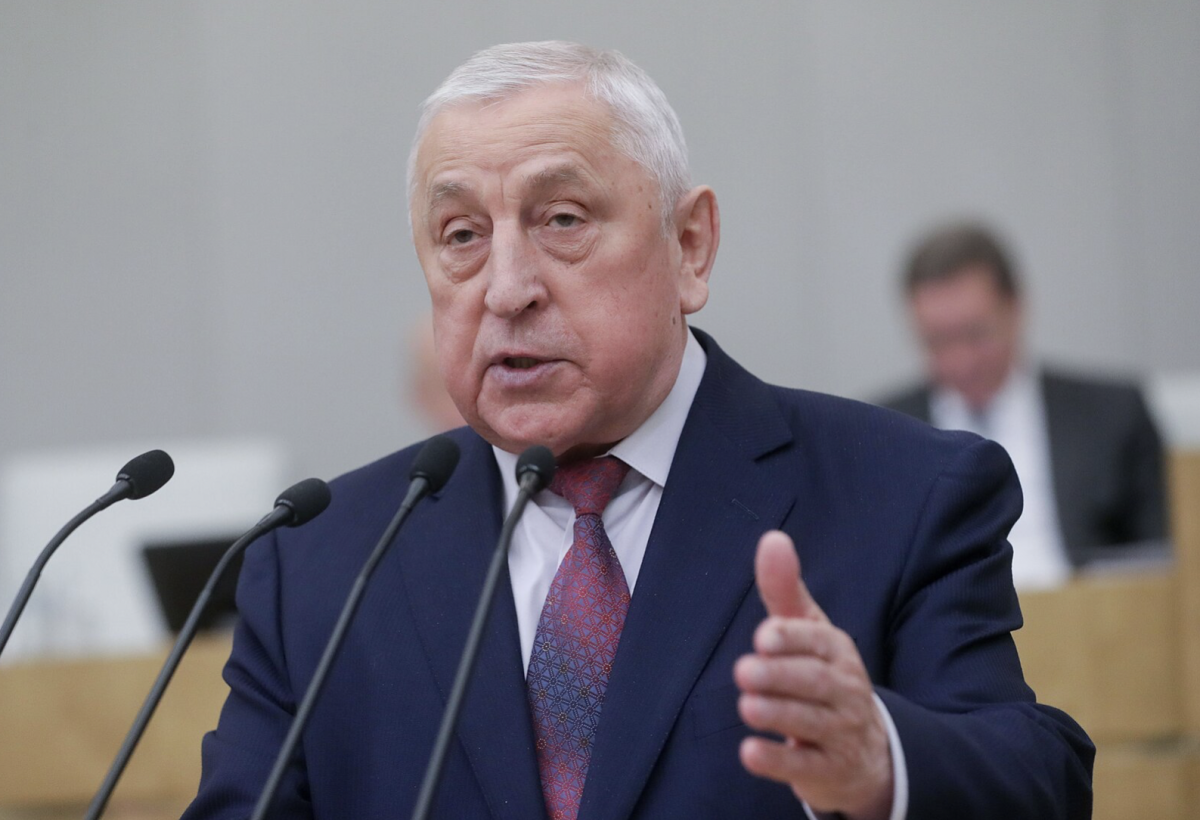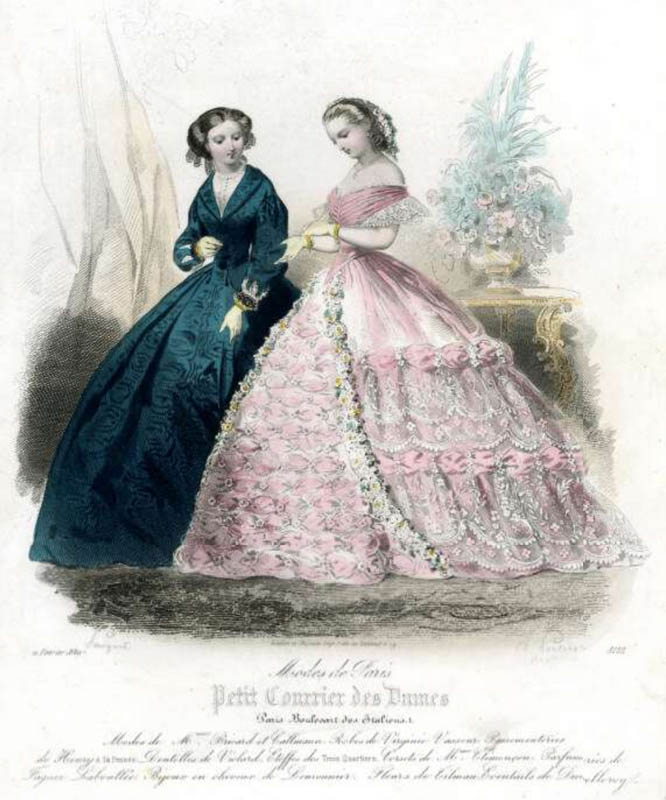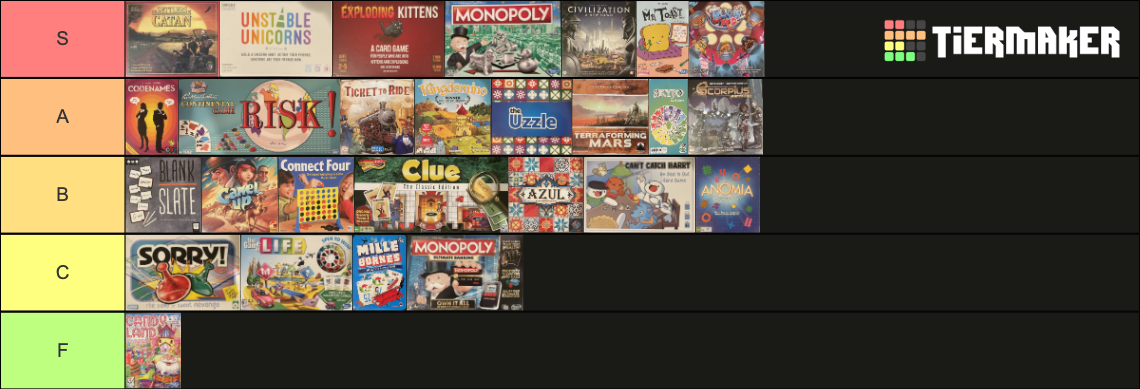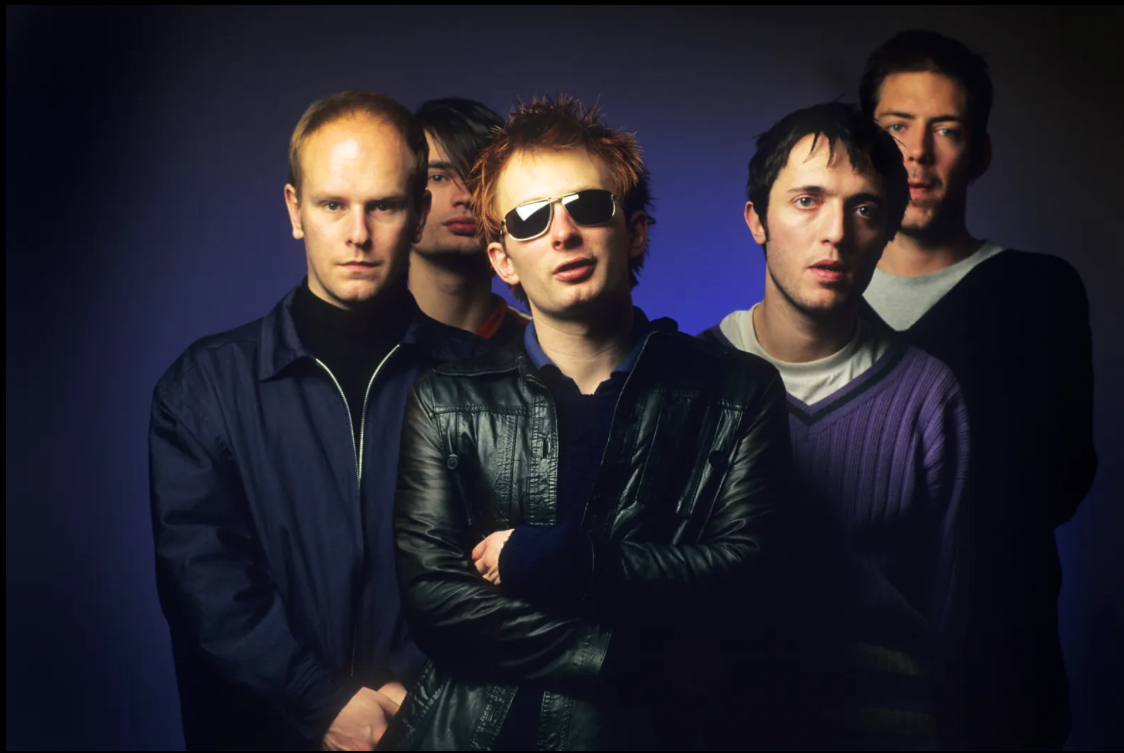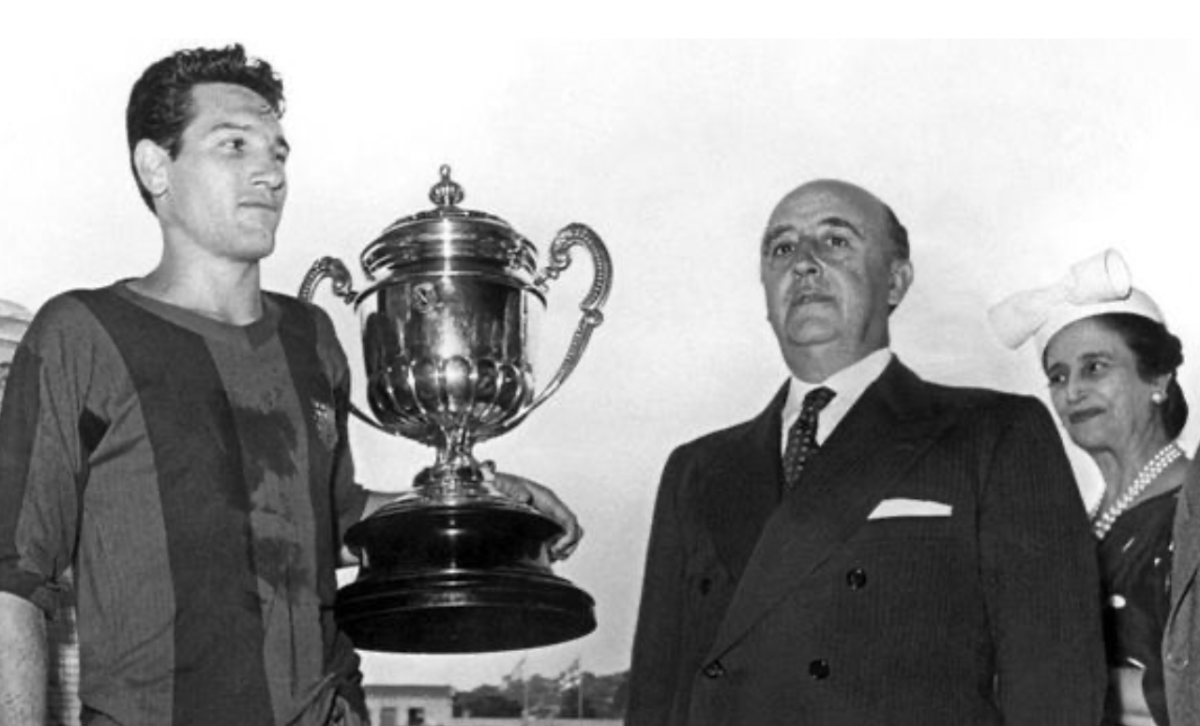Tom Hanks and Steven Spielberg: an incredible duo of one of the most loved actors and most revered directors ever. In 1998, the two came out with Saving Private Ryan starring Hanks as the main character, possibly the most famous World War Two movie ever made. Three years later, the two co-produced Band of Brothers, diving much more in-depth than any movie ever could, costing $12.5 million an episode, and creating a masterpiece that holds up just as well over twenty years later.
In just ten episodes, E Company (colloquially called Easy Company) of the 101st Airborne division goes from a rag-tag group of men struggling in training under harsh leadership to a highly decorated group and closely knit of men who become the first Allied Soldiers to take the Eagle’s Nest (Hitler’s secret base in the mountains of Austria).
They start in a training camp in Georgia under a ruthless Captain Sobel (David Schwimmer), who is forced to train for long hours and run up Currahee Hill (the episode’s namesake). Sobel disappears after the first episode once the company is deployed and discovers he has very little real combat skill, and Lieutenant Dick Winters challenges his baseless punishments.
Winters, played by Damien Lewis, becomes one of the central figures of the series along with his right-hand man Captain Lewis Nixon (Ron Livingston). Other notable actors include Donnie Wahlberg, Scott Grimes, Neil McDonough, Michael Fassbender, James McAvoy, young Tom Hardy, and late-night show host Jimmy Fallon.
What sets Band Of Brothers apart from other war movies and shows is its brutal depiction of the realities of war and the experiences of soldiers and European citizens throughout the war. There is no glorification of the battles, death, hunger, and cold. It is based on a book by the same name by Stephen Ambrose as well as interviews with the real-life veterans from Easy Company and real soldiers’ journals.
The exhaustion of the soldiers increases throughout the show as they face new challenges and are constantly told to keep fighting with no break and their numbers dwindle. The show hits its stride in episodes six and seven, covering the Battle of the Bulge at Bastogne, one of the longest and deadliest battles of the war and the most difficult part for Easy.
Episode six, “Bastogne,” follows an American medic and a European female nurse and their interactions as they try desperately to save the dying all around them. Episode seven, “The Breaking Point” has a significant amount of on-screen deaths of named characters, and both dive deep into the psychological toll of the war.
Episodes nine and ten are, for me, the most important episodes. Nine, called “Why We Fight” establishes the soldiers’ discontent with the length of the war and wondering, as the title suggests, why they are still fighting as well as humanizing the German soldiers as people just like themselves. Captain Nixon had become an alcoholic, made worse with the news that his wife in America was divorcing him and taking everything. Their perspective completely changes with the company’s discovery of a concentration camp- one of the most brutal scenes in the entire show. Easy realizes why they are truly still fighting and what separates them from the Nazis.
Episode ten is a deeply emotional episode, mostly narrated by Captain Winters. The soldiers stay in a beautiful part of Austria with no one to fight for months and the anticipation of being redeployed to Japan. Despite their peaceful situation, soldiers keep dying and suffering from alcoholism, pent-up aggression, and sheer boredom. Without spoiling too much, Winters’ narration and the individual soldier’s stories reemphasize the personal and humanizing themes that the series is built on and they end up clearly defined as brothers and heroes.
I love Band of Brothers because it depicts the realities of war, exceptional character development, fascinating historical details, and the bond created between the men in Easy Company throughout the show. I think everyone of age should watch it, if you can handle the violence, because of those same reasons: the antithesis to the glorification of war, the historical details of the Holocaust and World War Two post-D-Day, and to understand how these men changed and developed together over time.


